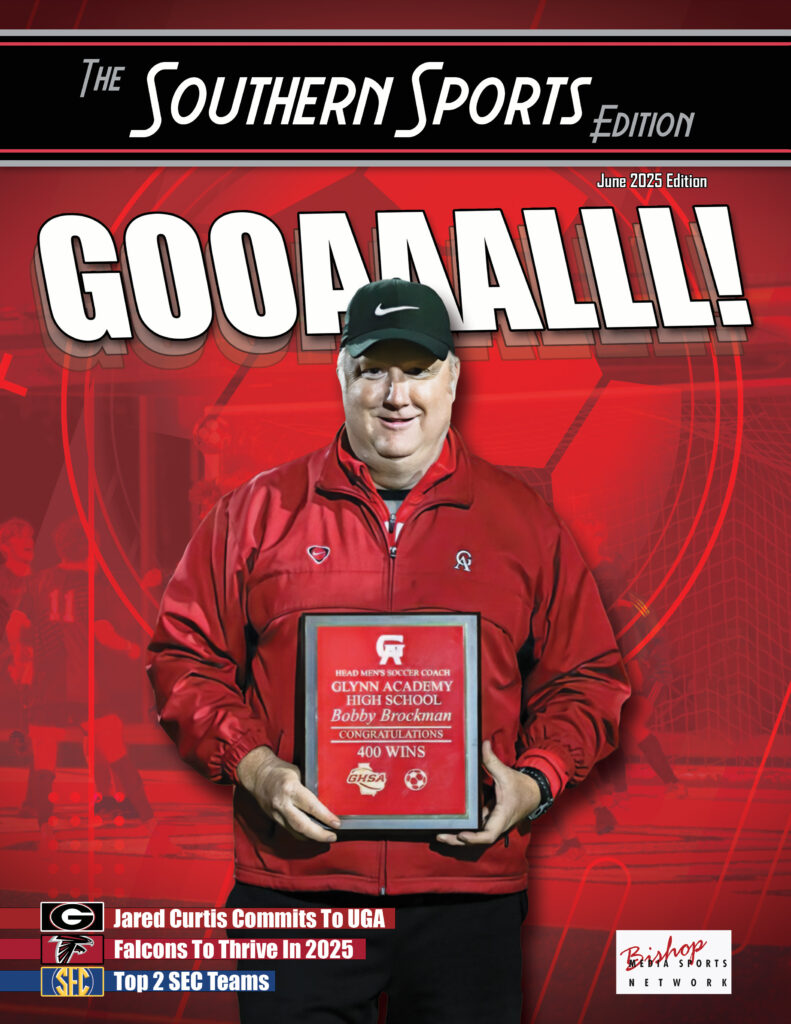Should Rafael Furcal Be In the MLB Hall Of Fame?
Hall Of Fame Steal
 By: TJ Hartnett
By: TJ Hartnett
TheSouthernSportsEdition.com news services
The ballot for the Baseball Hall of Fame is always a fascinating thing to unpack and dissect as we examine the bona fides of the newly eligible and reevaluate the careers of those who have remained on the ballot from the previous year’s attempt.
Several former Atlanta Braves populate the several dozen potential Hall of Famers eligible for induction in the summer of 2020, including the first (and, sadly, probably last) appearance of popular shortstop Rafael Furcal.
With Furcal, we have the spark that started off games for the last six years of Atlanta’s legendary 14-straight NL East Division wins.
‘Fookie,’ as Hall of Fame manager Bobby Cox called him (would ‘Raffy’ have probably been better? …yes.), exploded onto the scene in 2000, making the leap straight from Single A to the Major League ballclub thanks to an offseason injury to then shortstop (now bench coach) Walt Weiss.
Furcal hit .295 with 40 stolen bases that season en route to a Rookie of the Year award.
He was a consistent presence at the top of the lineup after that, never hitting below .275 and never swiping fewer than 22 bases. Other highlights during his time with the Braves include hitting three triples in a game (tying an MLB record) and recording the 12th-ever unassisted triple play in 2003.
When he left Atlanta, Furcal put in five and a half solid years (one of which – 2005 – was pretty spectacular) with the Los Angeles Dodgers, before being traded to St. Louis in 2011, where he won the World Series.
His career did not end with the same pop with which it began – a 9-game stint with Miami in 2014 – but he hung his cleats up with a .281 batting average, a .748 OPS, and 314 stolen bases. Is it enough to make the Hall?
It isn’t. This will undoubtedly be Furcal’s only season on the ballot – it’s too overcrowded with better candidates for him to get the necessary 5% of the vote to stick around another year.
It’s a shame, too, because while Furcal didn’t have the kind of eye-popping numbers that merit induction, he was an indispensable piece of winning teams for his entire career (almost every winning team has a player like this – essential to the team and overshadowed by his teammates).
There were plenty of factors that led to the end of the Braves’ 14-season winning streak, but the fact that Furcal leaving coincided with that end is no coincidence.
The fact that Furcal’s teams made the playoffs in 10 of 14 seasons is no coincidence either (10 out of 13 if you discount that week and a half he played for the Marlins). Fookie was a winning player, and that’s not nothing.
Unfortunately, it also isn’t going to be enough. Furcal’s biggest skillset was his speed – both bat speed and baserunning speed – and that’s a skill that conveniently doesn’t slump (hence his consistency) but inconveniently doesn’t age well (hence his numbers beginning to dwindle at age 33 and his retirement at age 36).
Maybe if Furcal’s seasons of peak production had stretched out a little longer, he’d have a better case; but alas, it isn’t so.
It also can’t help that headlining this year’s new Hall of Fame candidates is one of the best shortstops of all time, Derek Jeter.
Furcal pales in comparison, though, to be fair, so do most players at any position. Jeter is likely to be the second unanimous election come January (now that we’re done with that no-unanimous-elections nonsense – what a joke that was for decades).
Despite the fact that he won’t be immortalized in the Hall, Furcal should be able to rest easy knowing that he was a crucial and cherished part of winning teams for his whole career. It’s not a plaque in Cooperstown, but it’s enough to be proud of.



